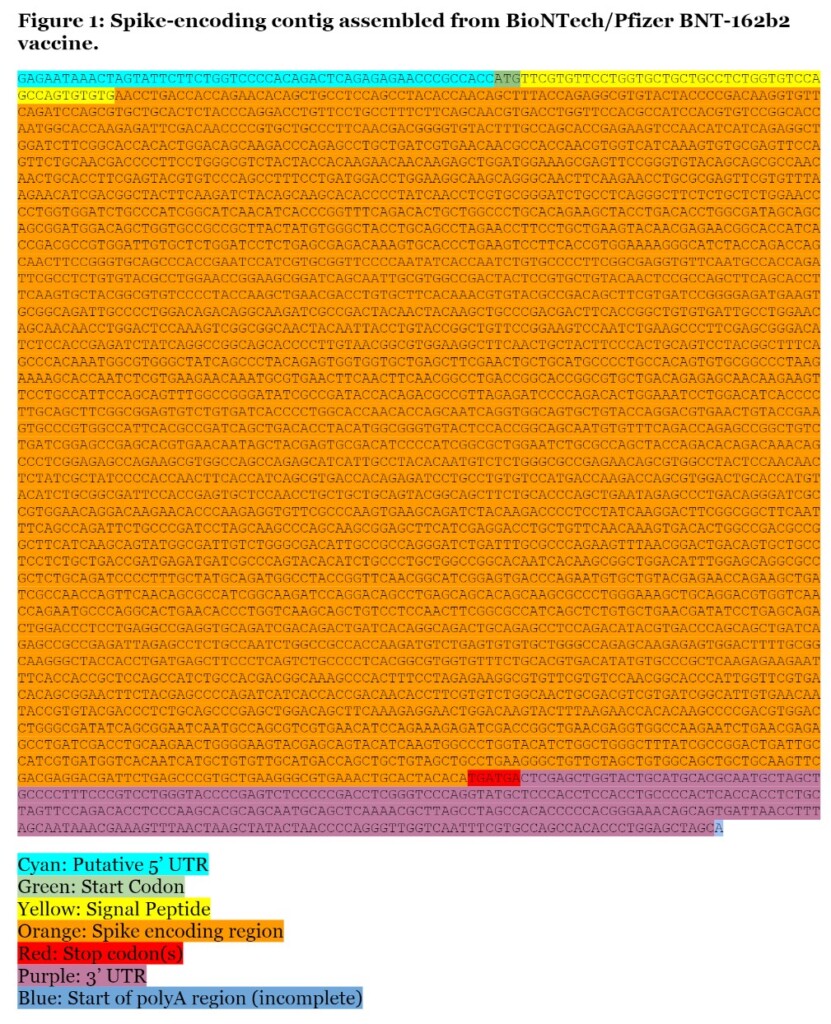
Scientists Reverse-Engineered COVID-19 Vaccines and Posted mRNA Sequence on Github
- A team of scientists has used vaccine droplets to figure out the mRNA sequence used in two products.
- They then published the spike-encoding contig on Github, essentially making it known to everyone.
- This is what they perceived as ethical and helpful to the whole of humanity, but it could be illegal, no doubt.
A team of scientists at Stanford University have used droplets of COVID-19 vaccines from Pfizer and Moderna, found inside “empty” vials that were destined to be discarded, and managed to reverse engineer them. This means the mRNA sequences for the assembling of the SARS-CoV2-spike encoding contig have been figured out.
And to make this appropriately insurrectional, the team published the code to the whole world on Github. So now everyone can see it, copy it, and other pharmaceutical firms can perhaps produce their own mRNA vaccine.
Even though the world economy is still crawling and people have been deprived of their basic freedoms for over a year now, the companies that developed these vaccines continue to keep their code proprietary, so even outsourcing production is legally complicated. The Stanford team thought that releasing everything publicly would be to the benefit of humanity and also the scientific community. They also stated that they contacted Moderna about it - and, receiving no response from them, they assume that it’s all fine.
Apart from the urgent need to share information and prioritize humanity’s wellness over private profits, there’s also the ethical aspect of knowing what you inject into your body. Not having this information openly available is perceived as unethical by many, and rightfully so.
In the end, we are asking people to blindly trust the claims of entities that operate on profit. Considering the number of doubters out there, this approach is undermining vaccination acceptance rates and is actually hurting public health.
Of course, we guess that the offended firms, Moderna and Pfizer, will not see this as altruistically as the Stanford team. For the time, the Github page is still up, so no copyright infringement claims have been submitted to the code hosting service yet. We have reached out to the scientists to ask them about the process of reverse-engineering the vaccines, and whether there are any gray areas around this practice, so we will update this piece as soon as we hear back from them.








